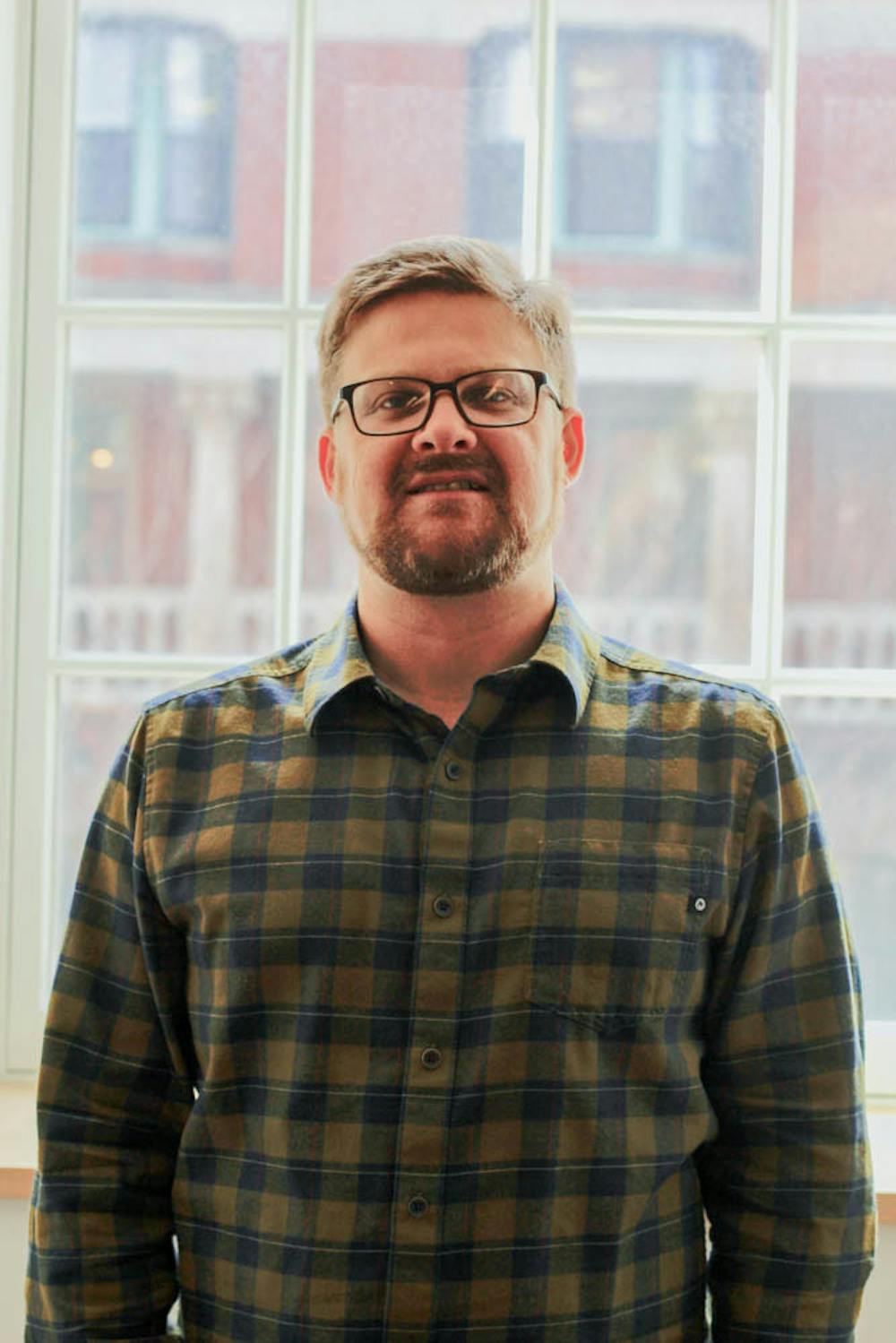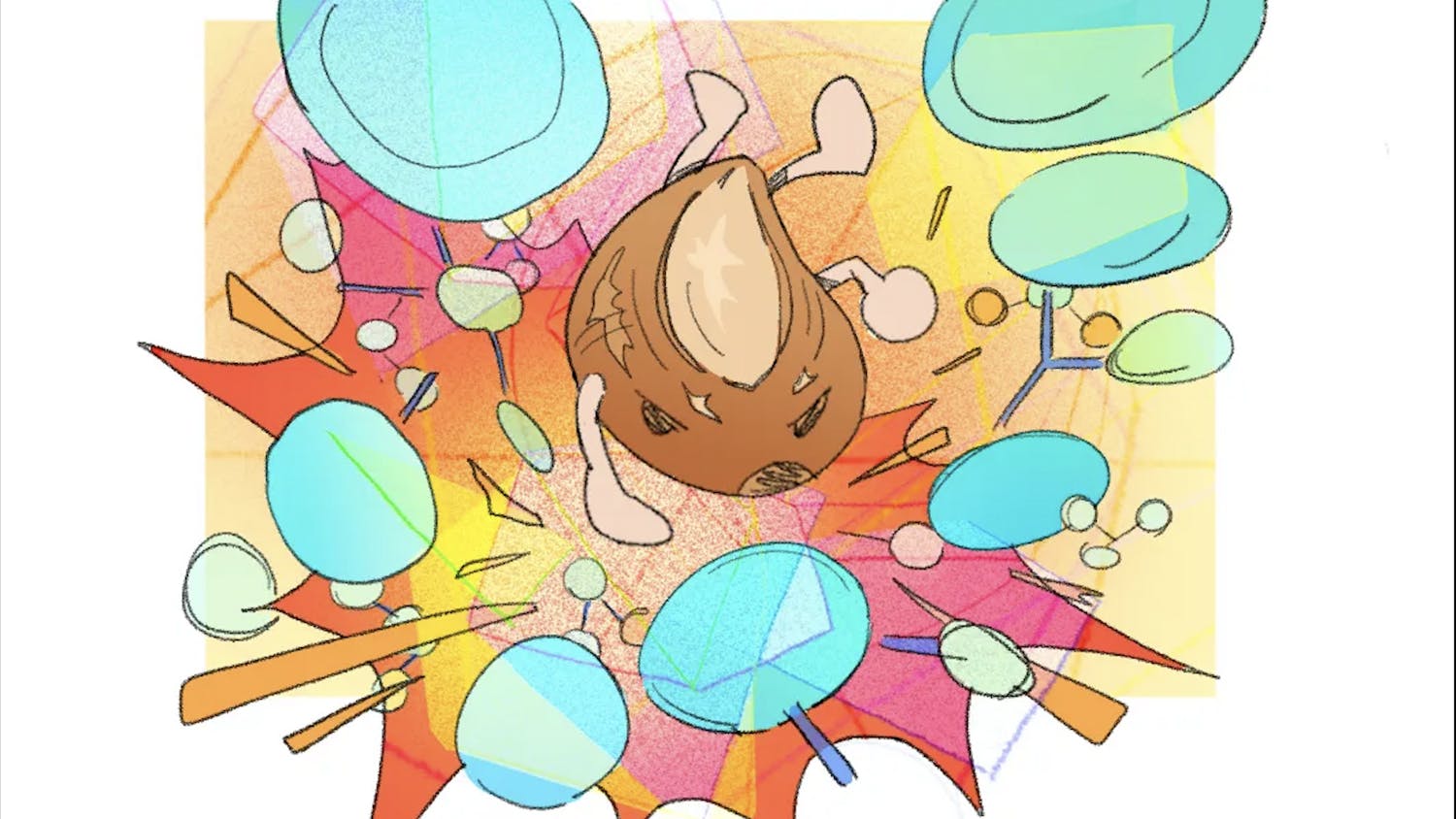Assistant Professor of Cognitive, Linguistic and Psychological Sciences Scott AnderBois is focused on Cofán, a language also known as A’ingae that is spoken by roughly 2,000 people in the Sucumbíos Province in Northeast Ecuador.
During the summer of 2017, AnderBois took select members of his class, CLPS 1390: “Linguistic Field Methods,” — the first to allow University students to engage in language documentation as linguists — to Ecuador to collect several hours of video footage and recordings from the native Cofán community. From there, AnderBois and select undergraduate students have worked to expand their knowledge of the language, including by collecting a list of vocabulary for potential pedagogical use, such as in dictionaries. The group has created a website that serves as a digital catalog of the Cofán language, featuring 17 hours of video and audio recordings of Cofán people speaking in their native language and telling stories about their lives. The videos were transcribed in Cofán and translated into several languages; they also feature linguistic breakdowns of the words and sentence structure.
“One finding that we were very excited about, for A’ingae in particular, is we found that (when) speakers tell stories in A’ingae, (they) use falsetto in a way that’s very different than how falsetto (is used) in … any other language in the world where falsetto has been described,” AnderBois said. In Cofán, falsetto is used to convey a shift in narrative perspective, such as from the perspective of a storyteller to that of someone else in the story, he added.
Of those who joined AnderBois on the trip to Ecuador, which was co-led by Assistant Professor of Linguistics at the University of Arizona Wilson de Lima Silva, one student is uniquely invested in the project. Hugo Lucitante ’19 matriculated to the University as the first member of the indigenous Cofán community in Ecuador to graduate from a U.S. high school. He has since become involved in research surrounding his native language.
“Our language plays an important role … to our identity of being Cofán,” Lucitante said. When he first arrived on College Hill, that identity was front and center — as he was featured in the documentary “Oil and Water,” which was part of the Class of 2018’s First Readings assignment, The Herald previously reported.
“We wanted to do everything ethically and had discussed the right way of doing things,” Lucitante said of his trip to Ecuador. “It was all good, (and we got) positive feedback afterwards,” he added.
While AnderBois’s interest in Cofán was primarily inspired by Lucitante’s enrollment at the University, his linguistic research career began by studying Yucatec Maya, a Mayan language currently spoken in the Yucatán Peninsula and Northern Belize. He began looking into “semantics and pragmatics in Yucatec Maya (out of a desire to) investigate little bits of meanings, little suffixes, little particles that get thrown into sentences and that shape how a sentence … is positioned in a conversation,” he said. AnderBois discovered the unique presence within the language of reportative evidentials, parts of phrases or sentences that indicate whether the speaker’s statement is a directly observed fact, second-hand information or hearsay.
Now, as the spring semester starts its second month and the students who joined AnderBois in Ecuador prepare to graduate, they reminisce about the impact of AnderBois’s course.
Maksymilian Dabkowski ‘19, a concentrator in Linguistics and Logic, remarked on the implications of language documentation work.
“We are … increasing our knowledge of linguistic variety, which is important for language isolates like Cofán, since it has no known genetic affiliation with other languages on Earth. People would say language is a rather key component of being human, (so) by understanding better what the structure of language is, in general, we can say something about the structure of the human mind.”
Nicholas Tomlin ’19 and Kalinda Pride ’19, who also took AnderBois’s Field Methods course and were particularly involved with creating the website, remarked on AnderBois’s attention to the humanitarian aspect of language documentation research.
Tomlin described the “conflicted interests” inherent to language documentation work. “The person coming to you who wants to document their language is interested in pedagogical materials, or probably aspects that are not related to the linguistic analysis of their work, whereas (linguists) are interested in how does the syntax work or how does the grammar work,” Tomlin said. “There’s (a) balance you have to maintain, and I think Scott does a very good job of maintaining that and is aware of it.”
AnderBois and his students are not the only ones at the University who are involved with preserving Cofán culture. The Cofán Heritage Project, co-founded by Lucitante and Professor of Latin American History James Green, collects information about Cofán and serves as a resource for academics to do linguistics research.
Clarification: A previous version of this article quoted Hugo Lucitante '19 as saying that “There’s no place where we have documented information about our people, so to have Brown to sponsor that was incredible.” In fact, Lucitante meant to say "There's no place where we have (archived) information" in one place, so "to have Brown sponsor that was incredible." The Herald regrets the error.





